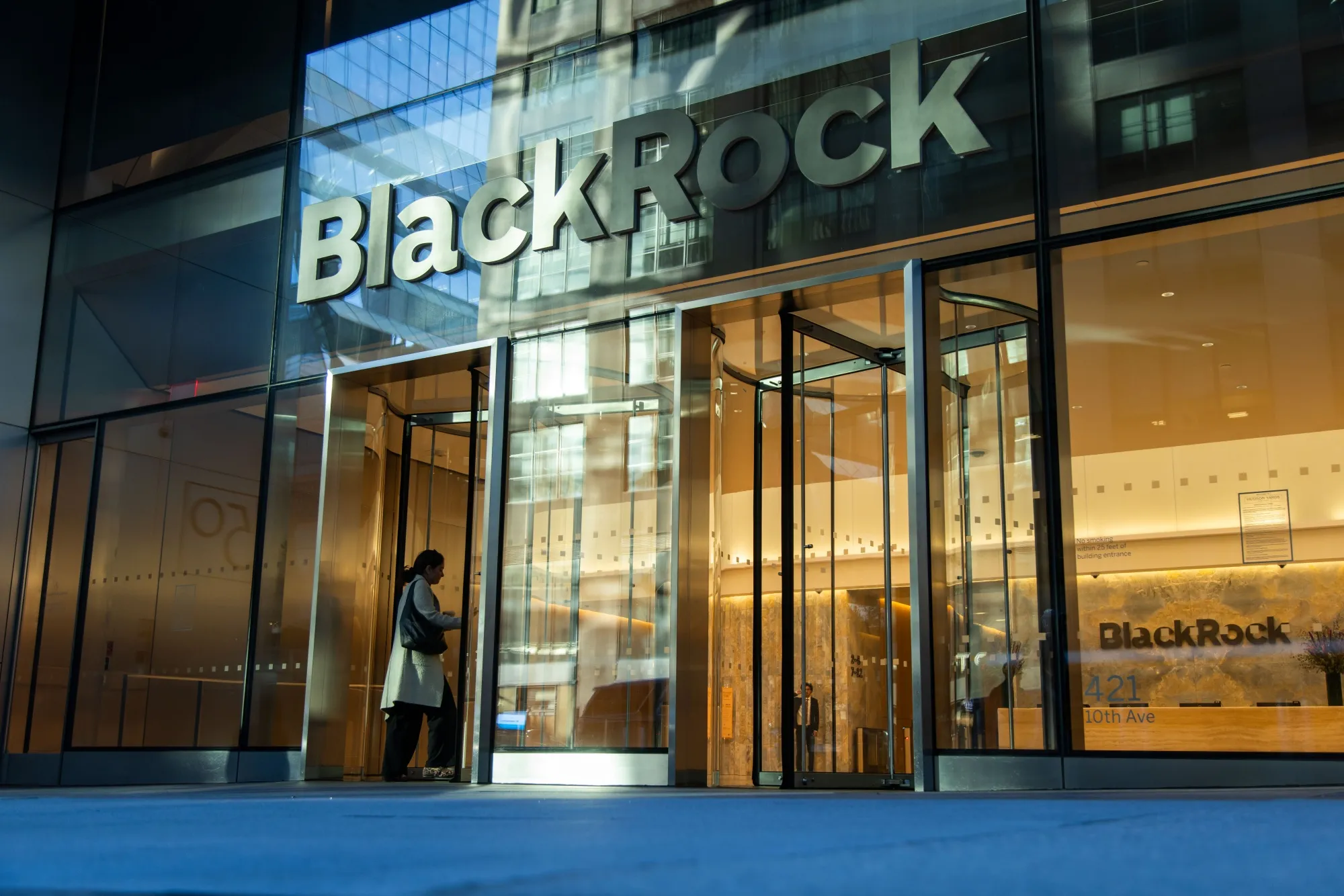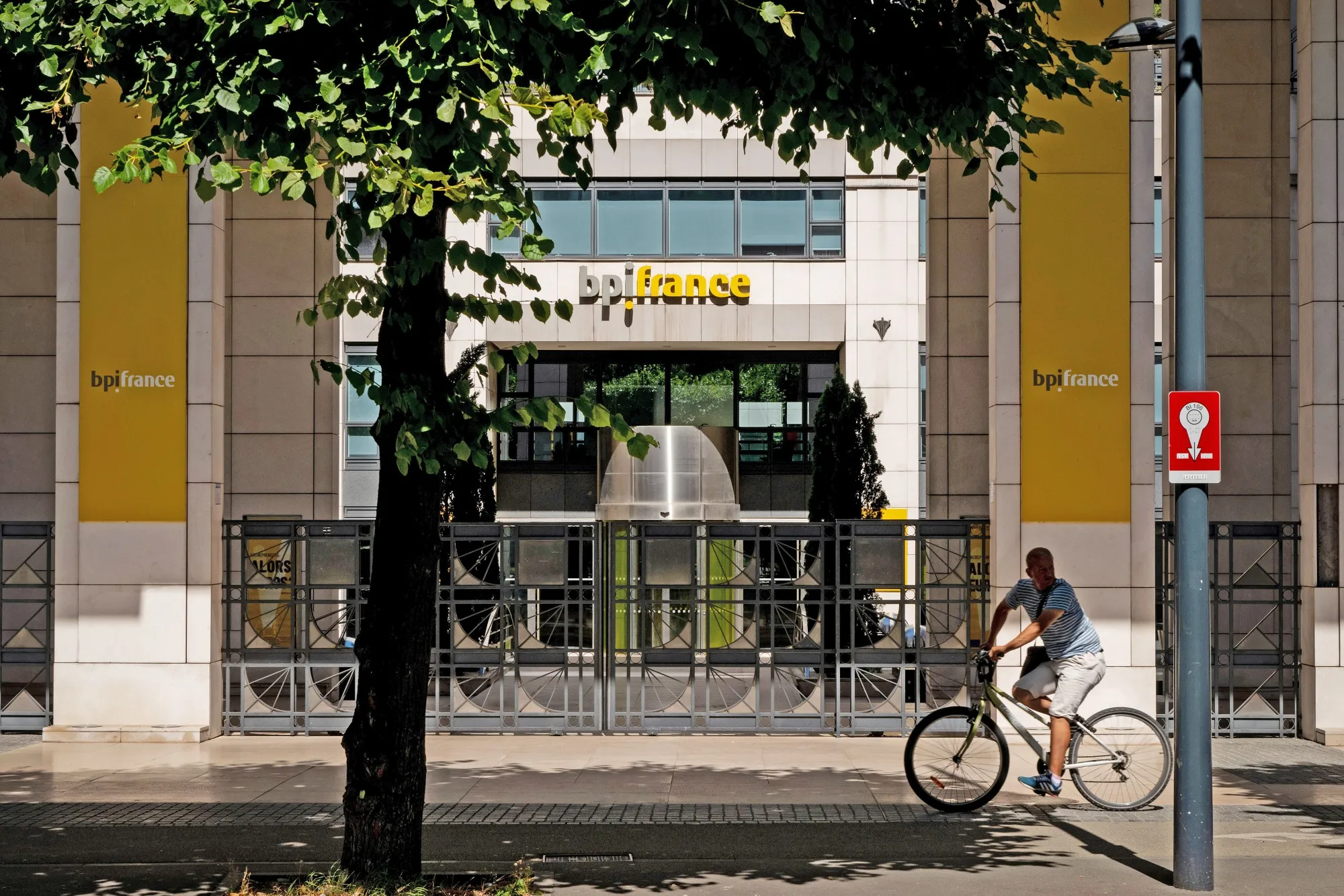Amid the downturn, VCs have tightened their purse strings. While Q2 2023 showed some signs of recovery, finally halting a six-month funding decline, funding still remains low. VC deals totalled €14.6bn — a 20% increase on Q1, but a 44% drop from the same period last year.
In our latest Sifted Talks, Sifted’s editor Amy Lewin sat down with Hussein Kanji, a general partner at London-based Hoxton Ventures, to talk about the state of VC investing and what startups need to be prepared for.
1/ Assume that the heady days are over
Kanji said that startups should work under the premise that fundraising will never go back to the heady days of 2021 where cheques came by easily.
“The machinery worked really, really, really well for fundraising — but now you should assume it's all clogged up and the plumbing system is not working very well.”
He added that things are now starting to look up in Silicon Valley and we can expect the same in Europe in the beginning of next year, owing to the lag between the two markets. But startups still must adapt to a shift in the market.
“You've got to retool your business, you've got to think more about profitability, you’ve got to figure out a way to shore up the balance sheet, so that the company has enough money to survive through all of this.”
While fundraising at the later stages had dipped early on in the downturn, funding at the seed stage has also dropped recently, said Kanji, but he did add angels are still active.
2/ Climate tech startups are still getting funded
Raising money as a climate tech company in 2023 is very different to doing so a year or two ago — venture funding for the sector in Europe dropped more than 40% in the first half of 2023 compared with 2022.
However, Kanji said that there is still active interest in impact startups from investors, especially in climate tech. “Out of all the impact stuff, climate is probably the most advanced and there’s real enthusiasm and institutional appetite for it — there are institutions that want to see this problem get tackled because it’s a known problem that we all have to deal with.”
Even though climate tech may not be as sought-after as the currently hot sector of AI, it’s one that has garnered active interest over time and is not going anywhere, he adds. “It’s still more of a niche: not every single fund is looking at this stuff whereas every single fund is looking at generative AI.”
3/ Tech is now accepted as a huge part of the economy
Kanji says that while many family offices have reduced their investments, they have accepted tech as a big part of the economy and want to invest in new tech companies.
“Many investors are cutting back: if they've invested in 20 funds, they're going to slowly get that down to 15 funds or to 12 funds. But the counter to this is that people still want to be exposed to tech and they realise tech is a huge part of the economy, and should be a huge part of the economy.
“The scepticism during the dot-com when people were saying, ‘hey, this is all theoretical, we can turn these things into businesses’, was that it was all theoretical — and it's not anymore. It’s real: there are reasons for why AI will disrupt some of the old world economies, and people understand that they want to be shareholders in the new stuff.”



